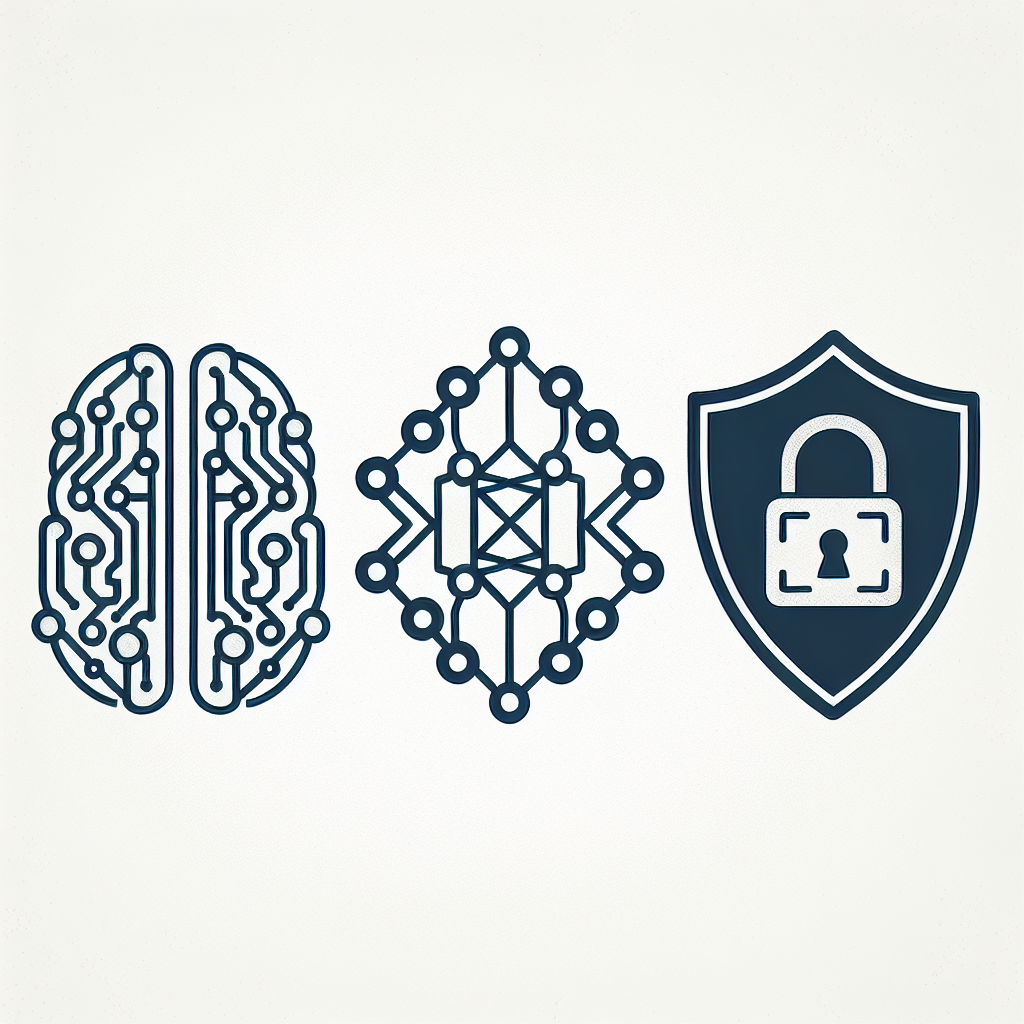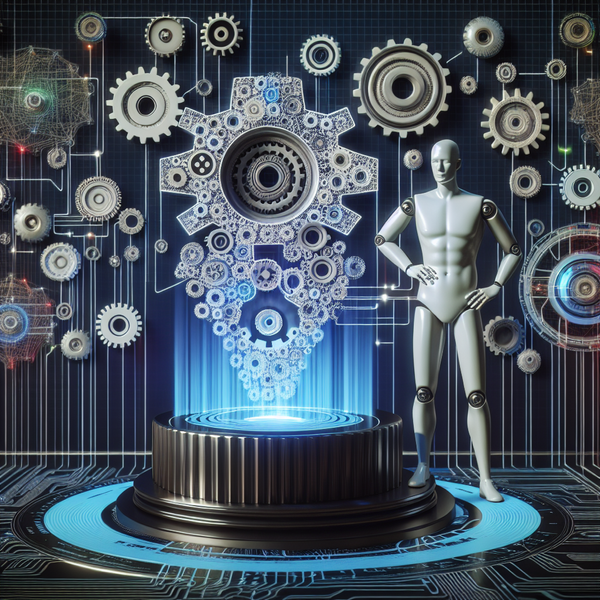Latest Tech Innovations: AI, Quantum Computing, and the Future of Cybersecurity

AI and Its Expanding Horizons
Artificial Intelligence (AI) continues to evolve at a breathtaking pace, embedding itself into every aspect of technology and daily life. From natural language processing tools like ChatGPT to advanced facial recognition systems and AI-driven cybersecurity measures, the technology is transforming both personal and professional landscapes. In industries such as healthcare, AI algorithms are rapidly improving diagnostics and treatment personalization, enhancing the quality of care and operational efficiency.
Quantum Computing: 2025 and Beyond
As we delve deeper into 2025, quantum computing stands at the forefront of technological innovation. Unlike classical computers, which process information in binary, quantum computers use quantum bits or qubits, enabling them to solve complex problems at unprecedented speeds. This technology holds the potential to revolutionize fields like cryptography, materials science, and complex system modeling. Companies like IBM, Google, and emerging startups are investing heavily in research and development to overcome current limitations, aiming for commercial viability in the near future.
Cybersecurity Challenges and Advances
While technology advances, the battlefield of cybersecurity continues to escalate. With the increase in data breaches and cyber-attacks, companies are investing more in advanced cybersecurity solutions. Artificial Intelligence plays a critical role here, offering predictive analytics for threat detection and response automation. Furthermore, the rise of quantum computing poses new challenges and opportunities for cybersecurity, particularly in the field of encryption, where it could both threaten existing systems and lead to the development of unprecedented secure communication methods.
Blockchain: Beyond Cryptocurrency
Blockchain technology is stepping beyond its cryptocurrency roots to offer solutions across various sectors. Its decentralized, immutable nature provides significant potential in supply chain management, finance, and even healthcare, ensuring data integrity and transparency. Corporations are increasingly experimenting with blockchain to streamline operations and secure payments, as well as to manage digital identities and smart contracts. The broader adoption of blockchain technology signifies a trend towards more openness and security in business transactions.
Hardware Developments: The Edge and The Cloud
Hardware innovations continue to drive technological progress as companies enhance the capabilities of both consumer and enterprise devices. The rise of cloud computing and edge computing has transformed how data is processed and stored, providing more efficiency and flexibility. The integration of AI into hardware designs is improving the performance of smart devices from phones to home assistants, while advances in semiconductor technology are pushing the boundaries of speed and miniaturization.




